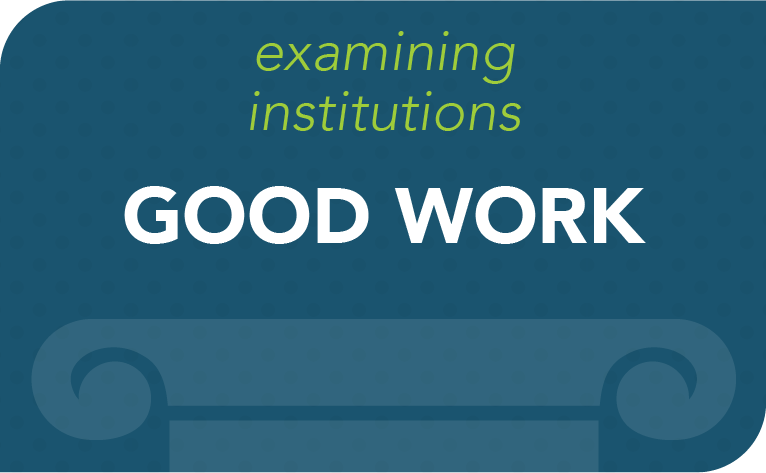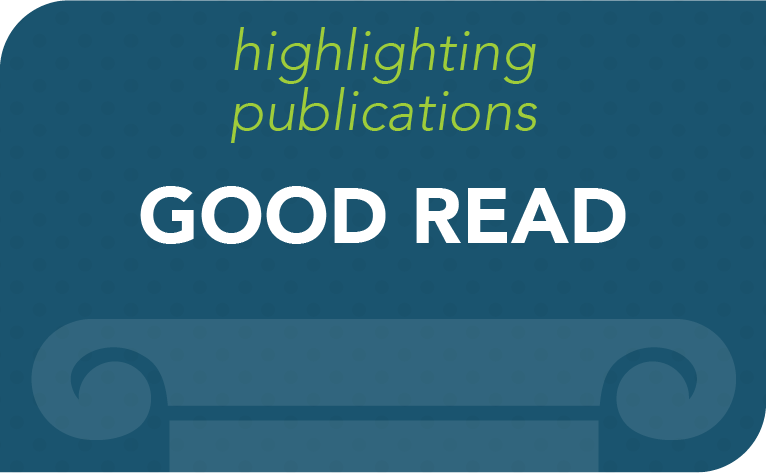
Teaching Virtues of Thinking Well: Humility and Pride
May 2022
Heather Battaly
Professor, Philosophy Department
University of Connecticut
Some character traits, such as humility and open-mindedness, help us learn and gain knowledge. They are virtues that enable us to think well. Other character traits, such as arrogance and closed-mindedness, impede our learning and ability to think well. Suppose that one of our aims, as educators, is to help our students develop virtues of thinking well. How can we do that? Are there classroom activities and assignments that could help? Would classroom activities and assignments be enough, or would broader systemic changes be needed? Are there particular virtues, like humility and open-mindedness, on which educators should focus? Or are there problems with focusing on virtues like humility at the expense of other virtues like pride?
Philosophers working on this topic have suggested a combination of classroom activities and assignments that aim to help students develop virtues of thinking well. These classroom strategies apply Aristotle’s idea that we develop virtues through guided practice (Nicomachean Ethics.II.1). More specifically, these strategies aim to: help students understand virtues of thinking well, acquaint students with exemplars of these virtues in readings and films, and provide students with opportunities to practice doing what exemplars do, and to reflect on their own progress. For example, in-class group activities, such as discussions of the ethics of vaccine distribution, can be explicitly designed to ask students to practice virtuous actions, such as weighing the merits of different ideas (doing what open-minded people would do), and admitting that they don’t know much about a topic (doing what humble people, who knew little about a topic, would do). Likewise, assignments can explicitly ask students to monitor general classroom discussions for opportunities to practice virtuous actions, and to look for such opportunities outside the classroom in their conversations on-line, at work, and in the community about a range of (political, religious, and scientific) topics. These activities and assignments can also explicitly ask students to reflect on whether they succeeded in doing virtuous actions or fell short (Battaly 2015).
Activities and assignments like these aim at helping students develop virtues of thinking well. But, are they likely to succeed? That will depend partly on how we implement them. Our classrooms are complex. Some of our students tend to underestimate and doubt their knowledge and skills, and overemphasize their ignorance, mistakes, and limitations. They arrive in our classrooms thinking they have little to contribute. In contrast, other students tend to overemphasize their knowledge and skills, and be oblivious to their ignorance and limitations. They arrive thinking they already know a lot and have little left to learn. How can we help both of these groups of students develop virtues of thinking well?
Suppose we decided to focus on developing the virtue of humility—the trait of appropriately owning one’s ignorance, mistakes, and limitations (Whitcomb et al. 2017). Developing humility is especially urgent for students who tend to overemphasize their knowledge and ignore their mistakes and limitations. But, one problem is that developing humility is less urgent for students who tend to doubt their skills and knowledge. For this group of students, it is crucial to focus on developing the virtue of pride—the trait of appropriately owning knowledge, skills, and strengths. Another problem is that in teaching the virtue of humility, educators might incorrectly over-simplify by using blanket slogans to ‘pay more attention to mistakes’ and ‘always keep limitations in mind.’ Such slogans will lead students who already focus too much on their mistakes farther away from virtuous humility instead of closer to it. To gain virtuous humility, these students will need to rein in their tendencies to go overboard, not to further exacerbate them. So, what should educators do? The above suggests that we should develop strategies for teaching the virtues of humility and pride together, and for helping students understand the difference between appropriately owning limitations and going overboard.
Will this be enough? A final problem is that any progress these strategies make will be fleeting, if systemic changes outside the classroom aren’t made. Philosophers have argued that systemic injustices, such as racism and sexism, are contributing to the tendencies we see in our students: students who are members of marginalized populations are at risk for doubting their knowledge and strengths, while students who are members of privileged populations are at risk for overlooking their mistakes and limitations (Battaly 2022). If so, classroom strategies won’t be enough for lasting progress. For our students to make lasting progress in developing virtues of thinking well, broader systemic changes that combat racism and sexism are also needed.
References
Aristotle (1984) Nicomachean Ethics, in J. Barnes (ed.) The Complete Works of Aristotle, Vol. 2. Princeton, N.J.: Princeton University Press.
Battaly, Heather (2015) Virtue. Cambridge: Polity Press.
Battaly, Heather (2022) “Educating for Intellectual Virtue Pride and Ameliorating Servility in Contexts of Epistemic Injustice,” Educational Philosophy and Theory https://doi.org/10.1080/00131857.2022.2033212
Whitcomb, Dennis, Heather Battaly, Jason Baehr, Daniel Howard-Snyder (2017) “Intellectual Humility: Owning our Limitations” Philosophy and Phenomenological Research 94(3): 509-539. https://doi.org/10.1111/phpr.12228





